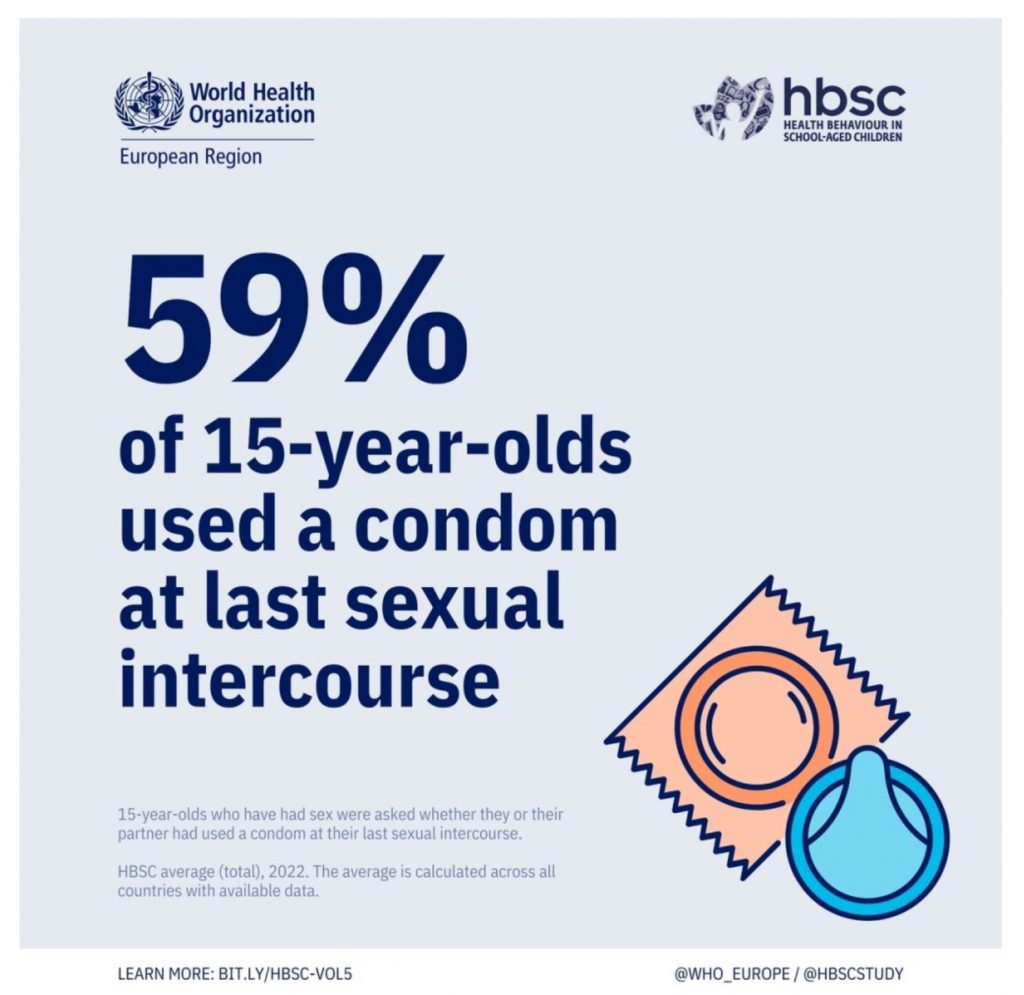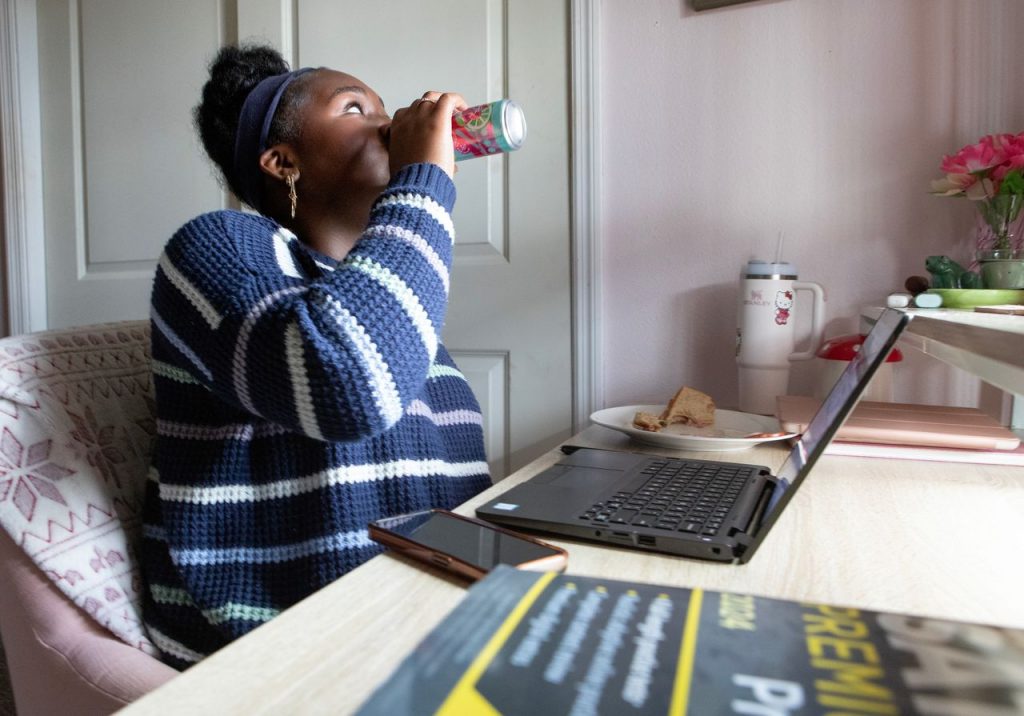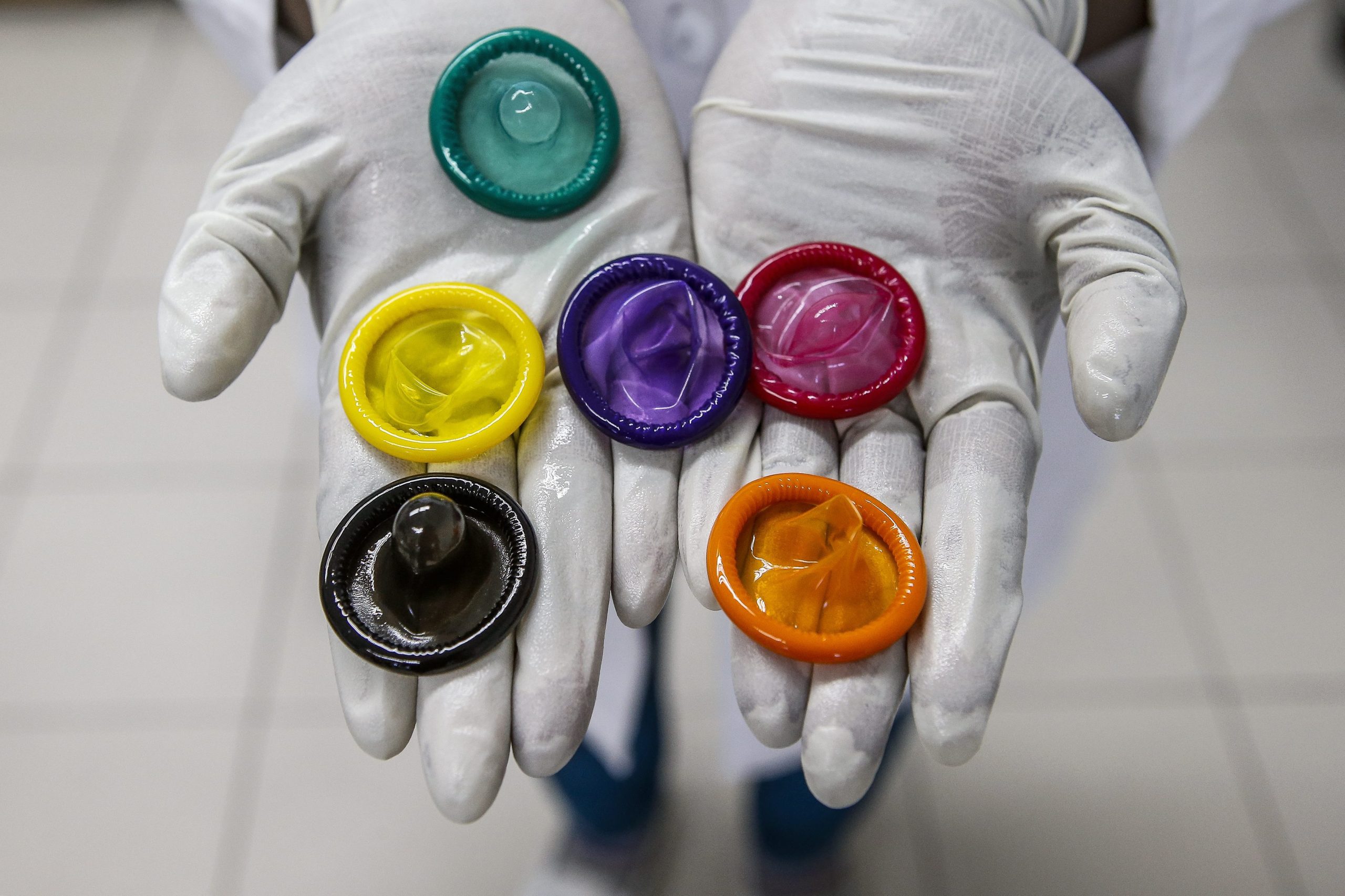It’s back-to-school time for Greece’s teens, and while students should be brushing up on their ancient Greek grammar, many will have their minds on human anatomy and the ‘bird and the bees’ instead. The fact that teens’ hormones are on overdrive is considered a normal part of development, but talking about teen sexual health in Europe and Greece largely remains a hushed matter.
A recently released report by the World Health Organization (WHO) offers a reality check and reminds us that, whether we discuss it openly or not, Europe’s teens are ‘getting busy’. And, the WHO warns that teens are increasingly doing so without protection, placing the continent on the brink of a public health crisis.
The risk? An increase in sexually transmitted infections (STIs), unplanned pregnancies, and unsafe abortions among Europe’s youth, which will have a ripple effect on overall public health, social welfare and learning outcomes, says the WHO.
The solution? Age-appropriate comprehensive sexuality education (CSE), it adds.
Teen Sexual Health: Europe on High Alert
The WHO’s report is based on a survey of over 240,000 15-year-olds across 44 countries and shows that just 59% of sexually active adolescents in Europe used condoms during their last encounter.
The data reveals a sharp decline in condom use between 2014 and 2022—from 70% to 61% among boys and from 63% to 57% among girls.

On a European level, almost a third of adolescents said they didn’t use a condom nor the contraceptive pill the last time they had sex. Meanwhile, contraceptive pill use seems to have remained at around 26% since 2014.
However, a closer look at the country-based data reveals that condom and contraceptive pill use varies considerably across Europe, and that socioeconomic factors make a difference.
About Teen Sexual Health in Greece
While Greece is viewed as a conservative society, the truth is that a portion of its teens, like their peers in every other European country, are having sex before marriage.
The WHO’s report estimates that 11% of 15-year-old girls and 23% of 15-year-old boys in Greece have had sex.
These figures are below the European average of 15% for girls, but above the average of 20% for boys.
Greek teens fare better than the European average when it comes to condom use. Among those who have had sex, 73% of girls and 75% of boys in Greece reported using a condom during their last sexual encounter, which is well above the European averages of 57% for girls and 61% for boys.
Affluence also seems to play a role in sexual health behavior in Europe and Greece, although in mixed ways.
In Iceland, teens with deeper pockets are having more sex than poorer teens, but the inverse is true in Ireland.
In Greece, there is not much of a difference, with slightly fewer affluent females reporting they have had sex than poorer teen girls, and marginally more wealthy teenage boys reporting sexual activity than poorer boys.
Wealthier Greek boys are more likely to use condoms (80%) than their less affluent peers (75%). Among girls, however, the trend is reversed: 81% of less affluent girls used a condom during their last sexual encounter, compared to just 71% of their wealthier counterparts.
The WHO does not speculate on the reasons behind this, and were not available to comment. And with condoms available for just 0.42 cents a piece on Skroutz, it is difficult to draw conclusions.
In terms of contraceptive pill use, Greece lags far behind many other European nations.
Just 6% of Greek girls reported using the pill compared to 61% in the UK with wealthier Greek teens being more likely to use contraceptive pills than those from lower-income families. One could speculate that this is because pills require a prescription from a doctor.
It is clear how the above trends connect to an increased risk of pregnancy and abortions, the latter of which is a highly contentious topic worldwide.
In Greece, abortions have been legal since 1986 and minors require parental consent for the procedure to be performed. The country does not maintain a central registry for abortions, however, as is the case in many European countries.
Breaking the Taboo
In conservative Greek Orthodox society, even mentioning sex can make people uncomfortable—let alone teaching the nation’s unmarried youth how to use a condom.
But the WHO is urging European countries to do just that: to start talking and start teaching.
In Greece, the provision of comprehensive sexuality education has historically been a challenge, with the influential Greek Orthodox church staunchly opposing sex ed in schools, asserting that it’s the family’s responsibility.
Greece seemed to have overcome the impasse in 2021, when public schools were mandated to offer sex education through ‘skills workshops’, but teens and teachers alike say the trainings falls short and are administered unevenly across Greece.
Clinical psychologist and sexual education trainer, Niovi Michalopoulou, tells TO VIMA ENGLISH that the workshops run for 5-7 weeks in 3rd and 6th grades and in the 2nd year of middle school.
“Educators do not receive sufficient training, resources, or time to effectively deliver CSE. Additionally, there are no clear guidelines on the specific themes to be covered, and many educators are unprepared to teach them. Research indicates that less than 3% of teachers currently provide sexuality education” explains Michalopoulou.
As a result, the responsibility remains primarily on parents, with supplemental information covered by doctors and private organizations.
One 15-year-old girl interviewed by TO VIMA ENGLISH and asked to comment on the WHO’s findings revealed, “I go to private school. Everyone I know uses condoms, but some still get pregnant.”
With regards to sex education, she explained, “My school brought someone to talk to us about sex and condoms, but it was so basic. I learned way more from a Gordon Hellas class my parents sent me to.”
Bridging the Gap in CSE
Aiming to address the shortfalls in sex ed in Greece, Gordon Hellas, a non-profit training organization, offers sex ed trainings for minors and teens – for a fee – along with a host of other programs like parental counseling.
Michalopoulou is the key sexual education trainer at Gordon Hellas and asserts that ‘the key’ is to start sex ed early.
“The younger the children are, the easier it is to talk about sex. And children who have parents who talk about sex early on statistically delay their first sexual encounter and are more inclined to use condoms when having sex,” she explains.
Children who don’t receive CSE are left “vulnerable to risky sexual behaviors, abuse, exploitation, and harmful gender and sexuality biases, including sexism, homophobia, and transphobia,” adds Michalopoulou.
As a leading specialist in the field, she is also frustrated at the lack of availability of CSE in Greece, so to help bridge the gap she founded a nonprofit organization called Osaido.org, that offers scientifically accurate and comprehensive sexual education videos and education material for free online, in Greek.
“It is dangerous out there. We see it on the news every day- the many stories about sexual violence and online sexual predators. We need to get comprehensive sexuality education into Greek homes as soon as possible,” she warns.





